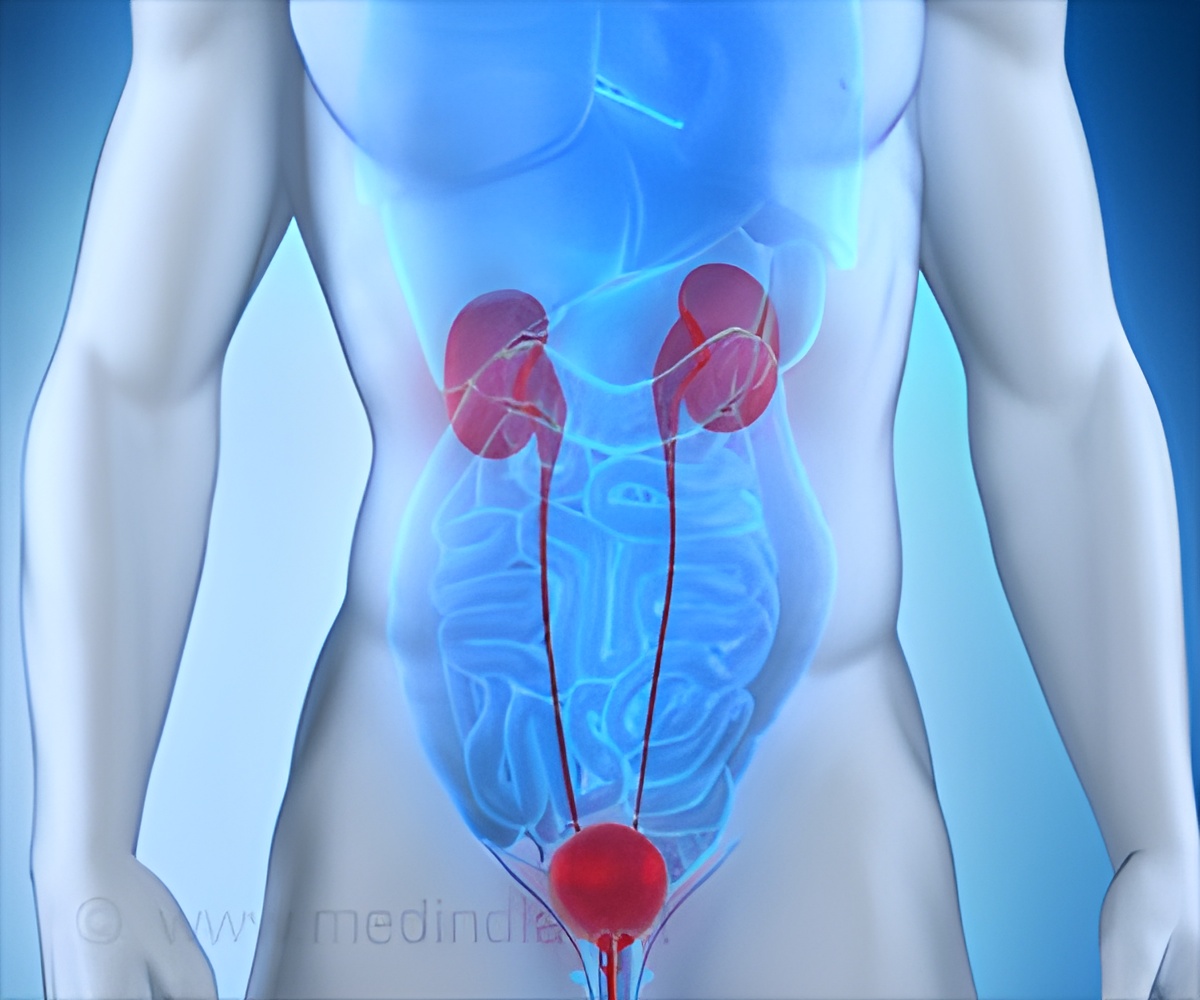
‘Hospitalized patients who experience acute kidney injury face a 44 percent greater risk of heart failure during their first year after leaving the hospital.’
Tweet it Now
Earlier research by Dr. Go and colleagues linked hospitalized acute kidney injury to elevated risk of high blood pressure. In this new study, which adds to that body of work, the research team examined electronic health records of patients who were admitted to one of Kaiser Permanente's 21 hospitals in Northern California at some point between 2006 and 2013. They investigated whether the risk of various cardiovascular events within one year of leaving the hospital differed between patients who experienced acute kidney injury while hospitalized and those who did not.
Out of 146,931 hospitalized patients included in the analysis, 31,245 experienced acute kidney injury. To help ensure an accurate comparison, patients with acute kidney injury were statistically matched to patients without acute kidney injury, according to similar demographics, length of hospital stay, medications they took, how acutely ill they were and other characteristics. Roughly 1 in 25 people who are hospitalized for any reason will experience heart failure within a year. Rates of other cardiovascular events linked to atherosclerosis (narrowing of the arteries) did not differ significantly between the two groups. "The number of atherosclerotic events in patients with acute kidney injury was lower than we expected," Dr. Go said. "Overall, our results highlight heart failure as a key risk for patients who experienced acute kidney injury in the hospital." According to senior author Kathleen D. Liu, MD, PhD, of the University of California, San Francisco, the new findings suggest the need for doctors to be more vigilant in looking for signs of heart failure in patients who experienced acute kidney injury during hospitalization. "Earlier detection of heart failure symptoms in these patients could potentially save lives."
Meanwhile, Dr. Go and others are examining the mechanisms underlying the increased risk. "Kidney damage affects a number of biological pathways, including inflammation and mineral metabolism," Dr. Go said. "If we could understand how these changes increase risk of heart failure, we may be able to develop new strategies for prevention."
Source-Eurekalert















